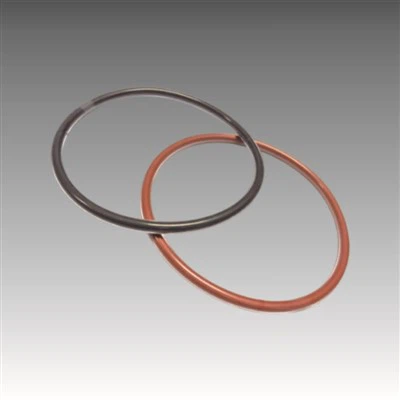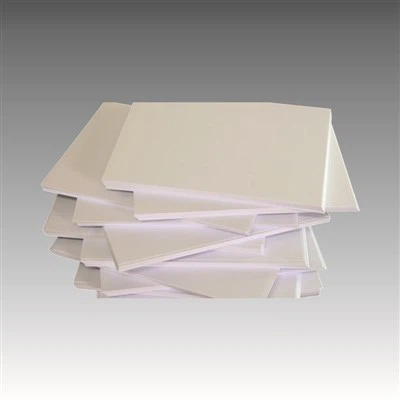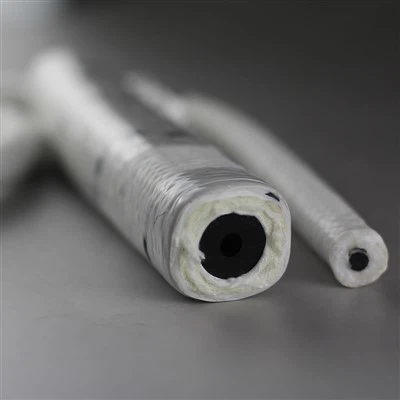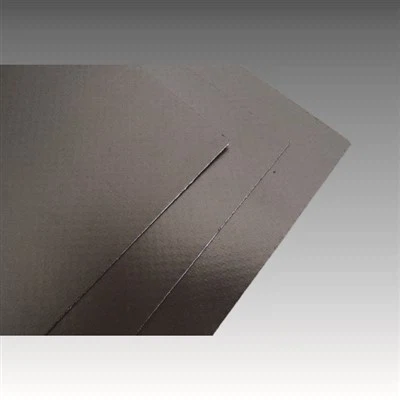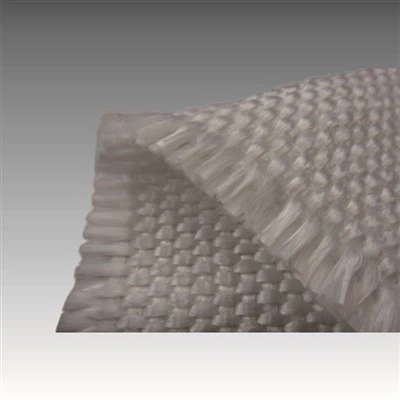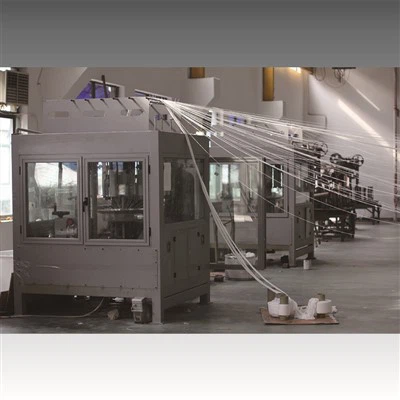The characteristics of thermal insulation mainly include the following aspects:
Resistance to heat flow: Insulation materials have resistance to heat flow and can reduce heat transfer. Thermal conductivity is an important indicator to measure the performance of thermal insulation materials. The smaller the thermal conductivity, the better the thermal insulation performance.
Thermal insulation: Insulation materials can isolate solar radiation heat and outdoor high temperature in summer, and maintain indoor temperature in winter, with good thermal insulation effect.
Material type: Insulation materials can be divided into organic materials and inorganic materials. Organic materials have good thermal insulation performance, but inorganic materials have stronger durability.
Application scenario: Insulation materials are widely used in construction, automobiles, industry and other fields. For example, the insulation cotton under the hood of a car can soundproof, heat-insulate, and prevent resonance, and prevent the paint discoloration caused by long-term high temperature of the hood.
Physical properties: Insulation materials are usually light, loose, and porous, which help reduce heat transfer.


